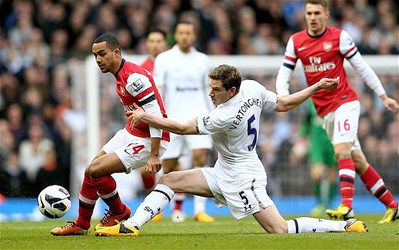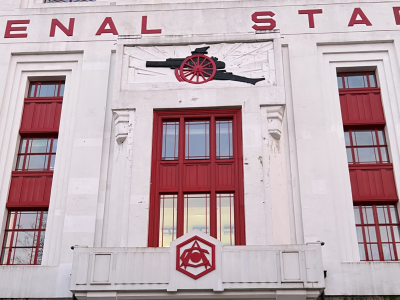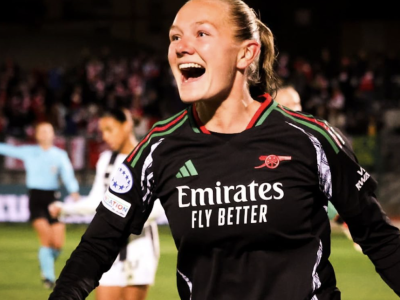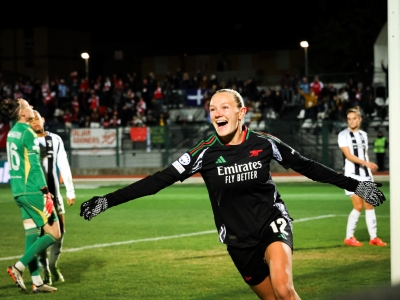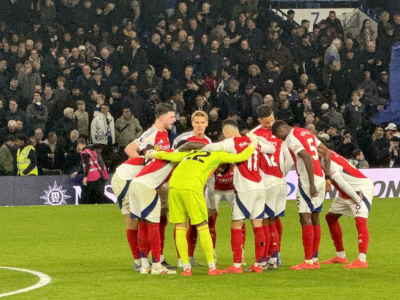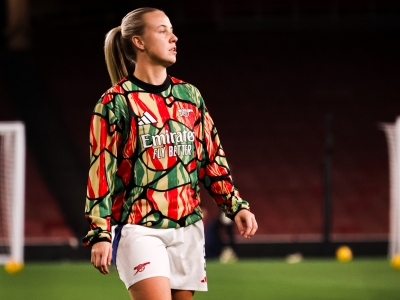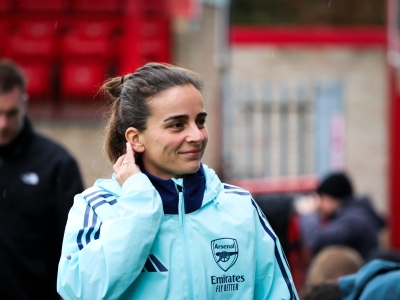My old sparring partner (and co-author) Alex Fynn gives an annual talk for the students of the sports business course at Birkbeck College, and 2013 is no exception. What’s more, for reasons best known to the man himself, he likes to boost his audience with interested outsiders, rather than merely those studying the course. Perhaps this is because, come the question and answer element of the evening, there is more informed opinion from the floor. Who knows? Certainly, the events are open to anyone interested.
Anyway, this year’s talk is on the subject of Arsenal and Tottenham and how the two clubs compare both on and off the field. It takes place on Monday evening at 6pm and the venue is in Malet Place, not far from Tottenham Court Road – there is a map here.
Full details are available on the website Sports Business Centre website, although here is the full synopsis of what will be discussed by Alex from that very page -
A dozen years ago, whilst Arsenal under the magician Arsène Wenger were emulating the great Spurs double side of 1960/61 both in terms of style and success, Tottenham under George Graham (!) were busy turning themselves into an inferior version of Graham’s “one-nil-to-the-Arsenal” trophy-winning teams of the later 1980s and early 1990s. The intervening years have seen, while Wenger has seemingly lost his innovator’s touch, Tottenham belatedly rediscover their heritage and tradition. So today the clubs are neck-and-neck in their pursuit of sporting success, Tottenham manfully overcoming the handicap of an antiquated stadium – every home fixture that goes by Arsenal put an extra £1m cash into their bank account over their North London neighbours.
Espousing modern football management theory, recognising that the manager does not have a monopoly on tactical wisdom, and with the aid of a shrewd chairman (Daniel Levy) and technical director (Franco Baldini), Tottenham may at last be in a position to show Arsenal the way. Arsenal, for their part, are seemingly resistant to challenging their manager, either on or off the field, and are paying the consequences in the lack of substantive support from scouting and coaching.
Alex Fynn created the first advertising campaign for a football club for Tottenham Hotspur in the 1980s, and subsequently advised Arsenal on the creation of the Premier League. He has also (co)-written a number of books on the two clubs, the latest being Arsènal: The Making of a Modern Superclub (2011, recently reprinted for the fourth time). In this presentation he will illustrate how two strong brands, for one reason or the other, are not performing at their optimum; and are failing to acknowledge the fundamental premise that to have a successful business you first need a successful team. Against this background he speculates on their chances for domestic and international success.

